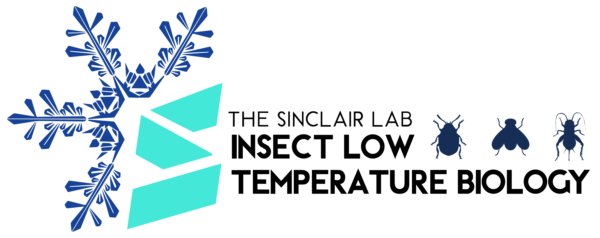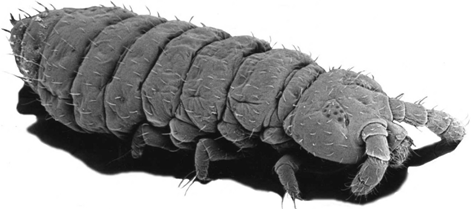


 |
 |
 |
| John Ciancio |
|||
| Home People Research Publications Vacancies Links Contact Us Biology Home |
Overwintering physiology of Brown Marmorated Stinkbug (Co-supervised by Dr. Tara Gariepy) I received my BSc (Honours) in Wildlife Biology and Conservation in 2016 from the University of Guelph. Under the supervision of Dr. Cynthia Scott-Dupree, I worked on several projects involving the invasive agricultural pest the Brown Marmorated Stinkbug (Halyomorpha halys). My primary research was focused on providing growers in Ontario with an interactive tool in order to detect H. halys infestations and to deal with the pest in an effective manner. In doing so I was part of a team responsible for creating an online video demonstrating how to set up H. halys pheromone traps and how to monitor crops properly. Additionally, I assisted with research in which the efficacy of various pesticide solutions for control of H. halys was tested. The goal of this project was to determine which pesticide offered the greatest control while limiting exposure to non-target species. In both the summer of 2015 and 2016, I was given the opportunity to work for Dr. Tara Gariepy at Agriculture and Agri-Food Canada (LORDC). Under her supervision, I was involved in a H. halys monitoring program in which we set up pheromone traps across Southern Ontario and tracked H. halys populations. We also examined the efficacy of native parasitoid wasps’ as a means of biological control for H. halys in Southern Ontario, thus providing me with a strong background in Integrated Pest Management. My MSc. project
began in September 2016, making me the newest member of the
Sinclair lab. Under the co-supervision of Dr. Sinclair and Dr.
Gariepy, my research focuses on the overwintering physiology of
H. halys. Established in Ontario since 2010, H.
halys is known to overwinter as adults in small spaces,
such as window sills and the attics of homes, where they
aggregate and remain throughout the winter in a state of
diapause. I plan to investigate the mechanisms driving their
ability to survive winter temperatures, as these are currently
unknown. In particular, I am interested in determining the
physiological response of H. halys to prolonged cold
temperature exposure based on seasonal changes (Fall, Winter)
and overwintering microhabitats. |
 |
|